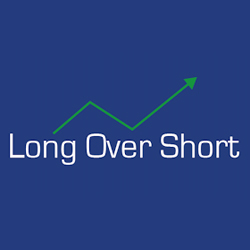Surprise-surprise, China is back in the spotlight. The way the country handles the spike in coronavirus cases scares investors. In this context, it shouldn’t be a surprise that the Hang Seng China Enterprises index continues the downtrend. Domestic equities have lost nearly $2.7 trillion in market value this year, prompting authorities to redouble their efforts to stem the slide.

The good news is that authorities are ready to take action. At the last week’s meeting, the securities regulator asked the country’s giant social security fund, banks, and insurers to boost their stock investments. This was followed by a series of articles in state media projecting confidence in the economy and markets.
On the economic growth side, China’s GDP accelerated in Q1 2022 from the previous quarter to 4.8%, compared to the same period last year. In the fourth quarter of 2021, the Chinese GDP grew by 4%. The GDP growth rate, despite the severe quarantine restrictions imposed on the country in March, exceeded the expert consensus forecast of 4.4%. The problem is that retail sales increased by a modest 3.3%. This shows that consumption remains a source of growth.
Another important issue – is the declining influence of the dollar. Israel’s central bank has made the biggest change in its reserve allocation in more than a decade, adding the Chinese yuan to its reserves, which last year topped $200 billion for the first time. Starting this year, the currency structure of reserves, which now includes only dollars, euros, and sterling, will be supplemented by yuan, yen, and Canadian and Australian dollars.
The yuan’s share is set at 2% by 2022. At the same time, the euro’s share will fall from 30% to 20% (the lowest level in at least a decade). The dollar will account for 61% (down from 66.5% previously). In contrast, the pound will almost double its weight to 5%, returning to the level last seen in 2011. These developments confirm the growing international role of the Chinese currency. For now, however, the yuan’s prospects are constrained by its limited convertibility and tight regulation.
An International Monetary Fund survey of the currency composition of official foreign exchange reserves shows that at the end of last year the euro accounted for almost 20%, the dollar just under 59%, and the sterling almost 5%. The renminbi rose slightly compared to the third quarter to a new high of 2.79%. In contrast, the US dollar‘s share fell to its lowest level since 1995, mainly in favor of the euro, the pound, the Canadian dollar, and the renminbi.


 Hot Features
Hot Features













